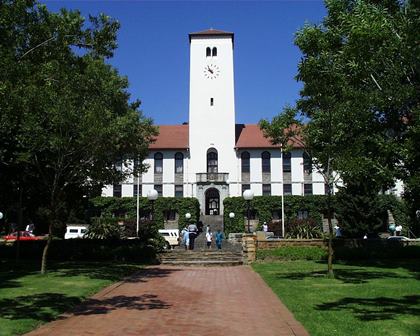The 2018 World Media Economic and Management Conference kicked off in Cape Town on Sunday, where the world’s leading scholars of media business and media management have gathered to discuss issues affecting the media industry.
The global media summit comes at a time where the current policies of the media industry are being questioned with calls for regulation increasing. The Cambridge Analytica saga has put the spotlight on tech giants and how much control they have over the information we consume as audience.
Director of the Sol Plaatje Institute for Media Leadership at Rhodes University, Francis Mdlongwa, believes it is important that the summit critically examines and proffers workable solutions based on solid research evidence to counter the existential threat that we are experiencing. Mdlongwa further adds that in what is supposed to be a more open and transparent digital and social age we are being closed, monopolised and dominated by a few technological platforms.
According to Professor Sylvia Chan-Olmstead from the University of Florida, this is because the tech companies model is centred on building consumer connection and communities, while the model for traditional platforms is centred around public interest.
Tech giants have seen a gap in the need for a consumer-centric approach and they have taken advantage of that. But, what does this mean for traditional platforms? Should they collaborate with tech companies or is it a situation of co-opetition between the two?
Chan-Olmstead believes that for media and tech companies the magic is in the balance of quality, quantity, contexts and responsibility because there has been concern about the quality of journalism as well as the responsibility of tech companies in combating fake news.
Head of Policy Programme at Media Monitoring Africa, Thandi Smith believes digital literacy projects are needed for audiences to spot “dodgy” or “fake” news. Over the last couple of years, there certainly has been a rise in “fake” news. However, with the introduction of more digital literacy projects there is hope that the quality of journalism will improve with the audience holding those reporting news also accountable.


